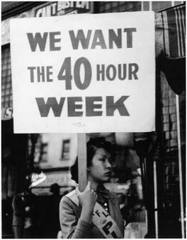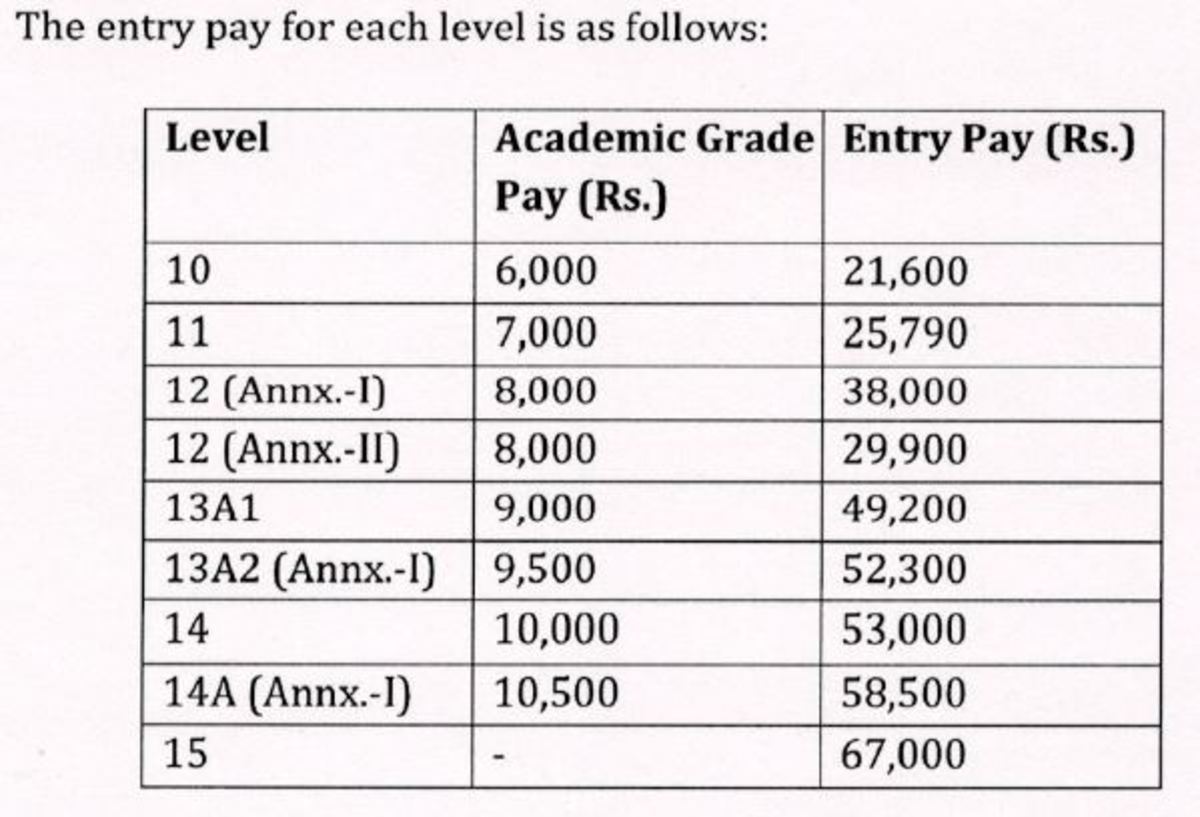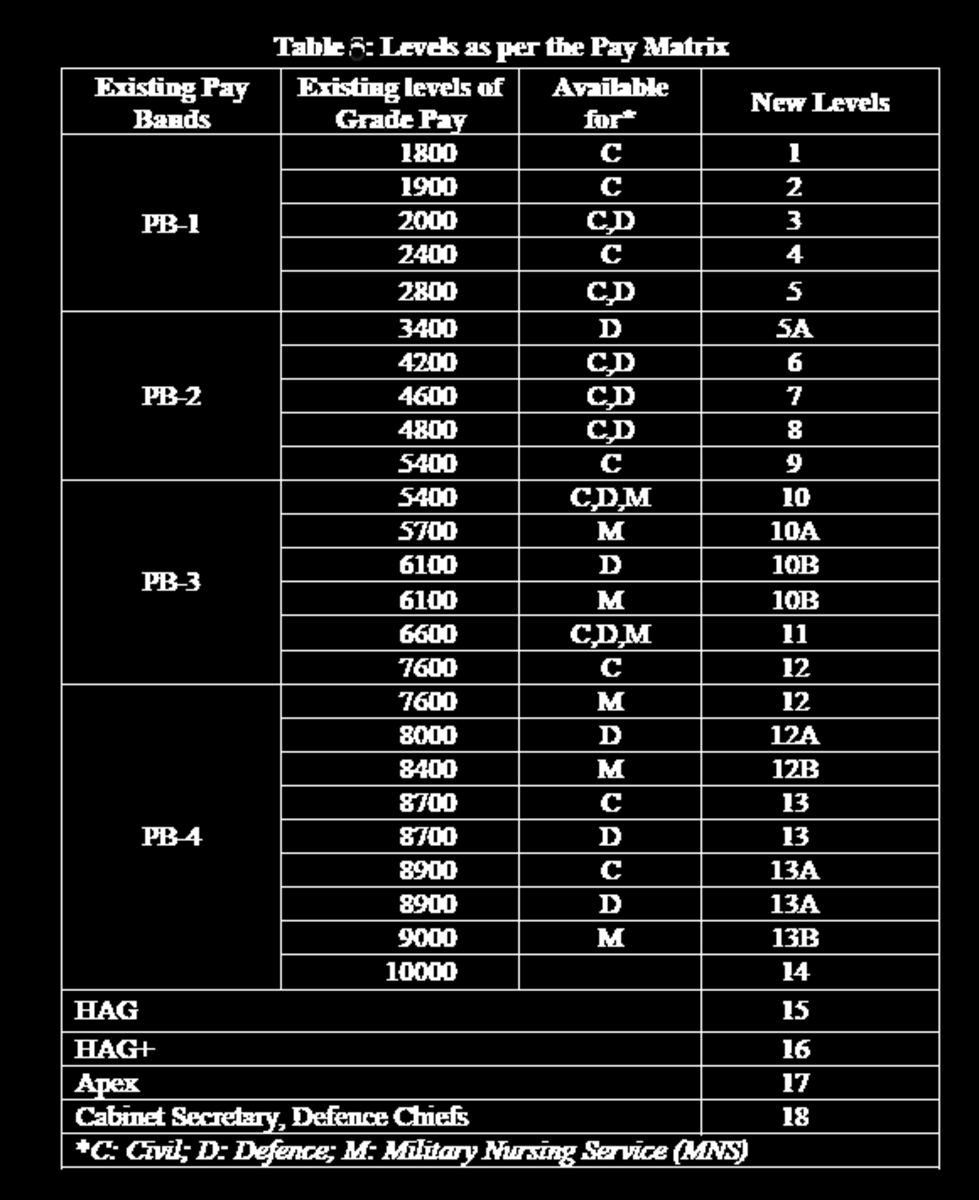What Does The Fair Labor Standard Act Mean For You?

The Fair Labor Standard Act protects employees in a wide range of aspects of employment. Rules are established through this law to ensure proper wages, hour proclamation, overtime pay, preventing gender bias and minor employment rights.
Provisions provided for employees under this act include a minimum wage that must be paid to everyone, with only a few exceptions like farm work and training minors. Although many states have higher minimum wage laws, everyone must at least pay the federal wage of 7.25 an hour. Waitresses have a lower minimum wage at 2.13 an hour, however if a person does not make the extra 5.12$ an hour, the company must pay the remainder. The FLSA also demands employers to pay employees over time pay of time and a half for any hours worked after 40 in 7 consecutive days. However, under this law the employee can be made to work overtime or be in danger of being terminated.
Equal pay is another provision under the FLSA that minimizes gender discrimination for equal pay for equal jobs. The act also protects minors by making companies get work permits and limited hours that can be worked. Rules are also implemented to ensure that school is not effected, as well as the minor receiving amply breaks while working.
These acts have been very beneficial to employees, however employers violate these laws more than any other. High penalty is charged for those found in violation, so extra care must be taken with dealing with workers. Minimum wage has been said to bankrupt companies because salary expense overhead grew too large. Hiring minors can restrain productivity because they are limited in what they can do and how long they can work.








